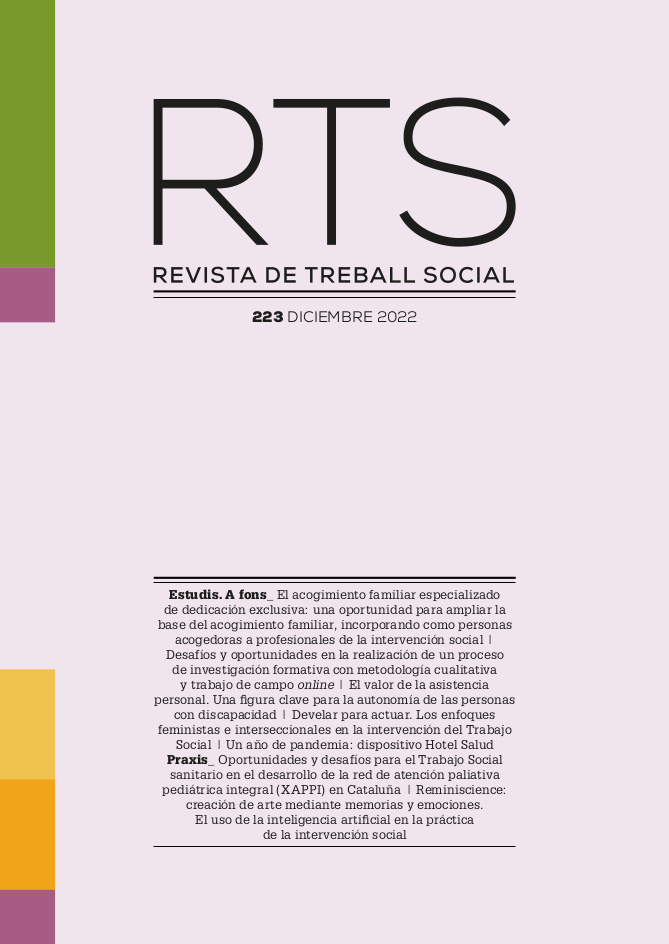The pandemic caused by SARS-CoV-2 has highlighted the importance of social determinants in disease processes. Health services have created mechanisms aimed at protecting the most socially vulnerable citizens.
Formed by a Technical Board and led by social and healthcare workers from various health providers in the city of Barcelona, the Social Emergency Committee (attached to the Health Association of Barcelona) addressed needs relating to difficulties encountered with availability of safe accommodation where certain groups of citizens could spend their isolation suitably.
This paper describes the profile of patients referred to Hotel Salud from the Hospital del Mar from March 2020 to March 2021, a total of 524 patients.
Of the 524 patients in total, 74% had originally been hospitalised and 26% came from the emergency department. The average age was 49.7 years; 64.3% were men; and 5.5% did not have an active health card. The country of origin was mostly Spain (33.6%), Pakistan (16.2%), Bangladesh (6.3%) and the Philippines (6.3%). The reasons for not being able to undertake isolation were: living in shared apartments (51.7%), living with relatives at risk (26.7%), living in small apartments (14.5%) and having no fixed abode (4.6%).
In order to conclude, the unit guaranteed isolation for those persons treated at hospital who could not undertake isolation at home. It also limited hospital overcrowding by favouring the discharge of patients with mild clinical conditions while reducing community spread.





